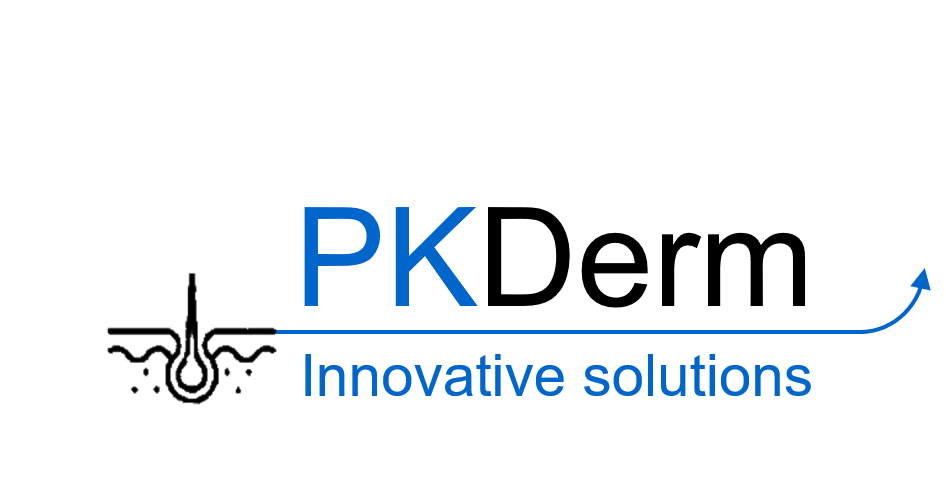Dr Hongbin Yang was awarded the second junior Cambridge Academy of Therapeutic Sciences (CAMS) fellowship in 2019. He started his post-doctoral research project focussed on computational toxicology in November under the academic mentorship of CAMS steering committee member Dr Andreas Bender. His recent research focus is understanding and predicting cardiac hazard based on calcium transient of human induced pluripotent stem cell-derived cardiomyocytes. Hongbin will have access to the industry knowledge and resources of both AstraZeneca and GSK.
After completing a BSc at East China University of Science and Technology (ECUST) in Shanghai, Hongbin continued his studies there and was awarded a PhD entitled “In Silico Prediction of Chemical ADMET Properties via Statistics and Machine Learning Methods”, during which Hongbin focused on structural alerts and QSAR techniques for toxicity prediction and toxicology research. After graduation, Hongbin had a short-term internship in WuXi AppTec (Shanghai), where he combined cheminformatics and deep learning techniques to design retro-synthesis plans. He has co-published more than 20 papers on computational prediction of chemical ADMET properties in drug discovery and environmental toxicology.
OpenTox Virtual Conference 2020 Session 13 In Silico Modelling
Molecular modelling includes a series of technologies to mimic the behaviour of molecules, which is widely used in drug discovery and computational biology. Thanks to the fast development of structural biology and molecular mechanics, these in silico models become much more accurate and reliable for the drug discovery, and design of chemical probes. By molecular docking, we can predict and visualise the binding mode between a macromolecule and its ligands, which is much more efficient than crystallisation. We can also estimate the binding affinity of a complex to aid medicinal chemists for better decision making. Molecular dynamics, on the other hand, simulate the change of molecular conformations and potentially illustrate the mechanisms of biochemical process.
This session will give an insight on novel molecular modelling techniques and their applications in understanding the biological mechanisms in the atomic level, which will broaden our fundamental knowledge to biological systems and be beneficial for the drug discovery, and other applications. In detail, MDeNM (Molecular Dynamics with excited Normal Modes), enzyme-peptide docking, modelling of RNA with modification, and multi-site mutation would be discussed in this session and the speakers will introduce their work using these techniques to find out potential anti-cancer and anti-tubercular therapeutics.


